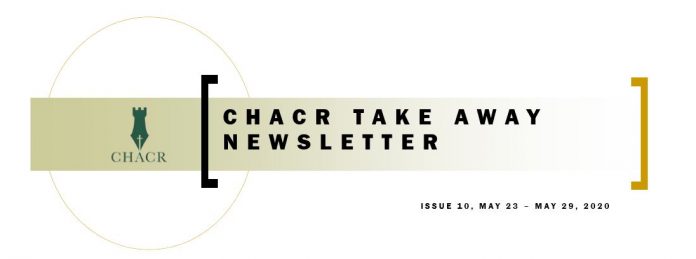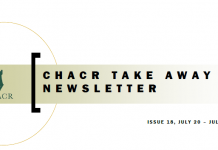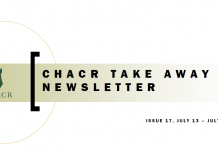This is the tenth issue of the weekly CHACR Take Away newsletter. In these newsletters, you will find links to the latest products by the CHACR, but also links to key reports and studies by external experts and institutions which we think you should pay attention to.
A Word from the Director
I wonder how many of those who read the CHACR Newsletter have, over the last few days, received a flyer from The Epoch Times, or even know what it is? (The answer is a rather one-track, anti-Chinese Communist Party, right-wing publication; with global reach.) An Epoch Times special edition was delivered to me by my postman yesterday, as were, no doubt, copies of the publication to households locked-down all over the country. People with time on their hands will read it. This special edition, looking not unlike a very slim copy of the Economist, explained in some detail why China is to blame for all of our COVID woes. The opening editorial, for example, tells us that “A study from the University of Southampton suggests that China could have prevented 95 per cent of coronavirus infections if its measures to contain the outbreak had begun three weeks earlier”. The whole publication continues in that vein, mixing fact seamlessly with assertion and speculation. Elsewhere, in print and in the ether, the voices that are pointing fingers at China are growing (some rabid and unhelpful, some serious and thought-provoking). The US President has, recently, changed his position form ‘much respect’ for President Xi to one of consistent innuendo and thinly-disguised digs at China’s responsibilities in this respect. At the same time, those who closely watch strategic trends and indicators will have noticed a number of policy and doctrinal shifts, globally, that are worthy of a moment’s thought: the US Marines, for example, have just reset their priorities to face China (have a look at this RUSI article: US Marine Corps is Fixing Itself to Confronting China ). Those who take an interest in global strategic muscle movements would do well to keep a close eye on how the ‘China Blame Game’ develops. I suspect that, once nations have dealt with the immediate medical emergency, the post-COVID global recovery is going to need real statesman-like nuance, and the conversations that develop between China and other nations and global organisations will provide strategists with a range of useful pointers to consider.
Maj Gen (Ret) Dr Andrew Sharpe





